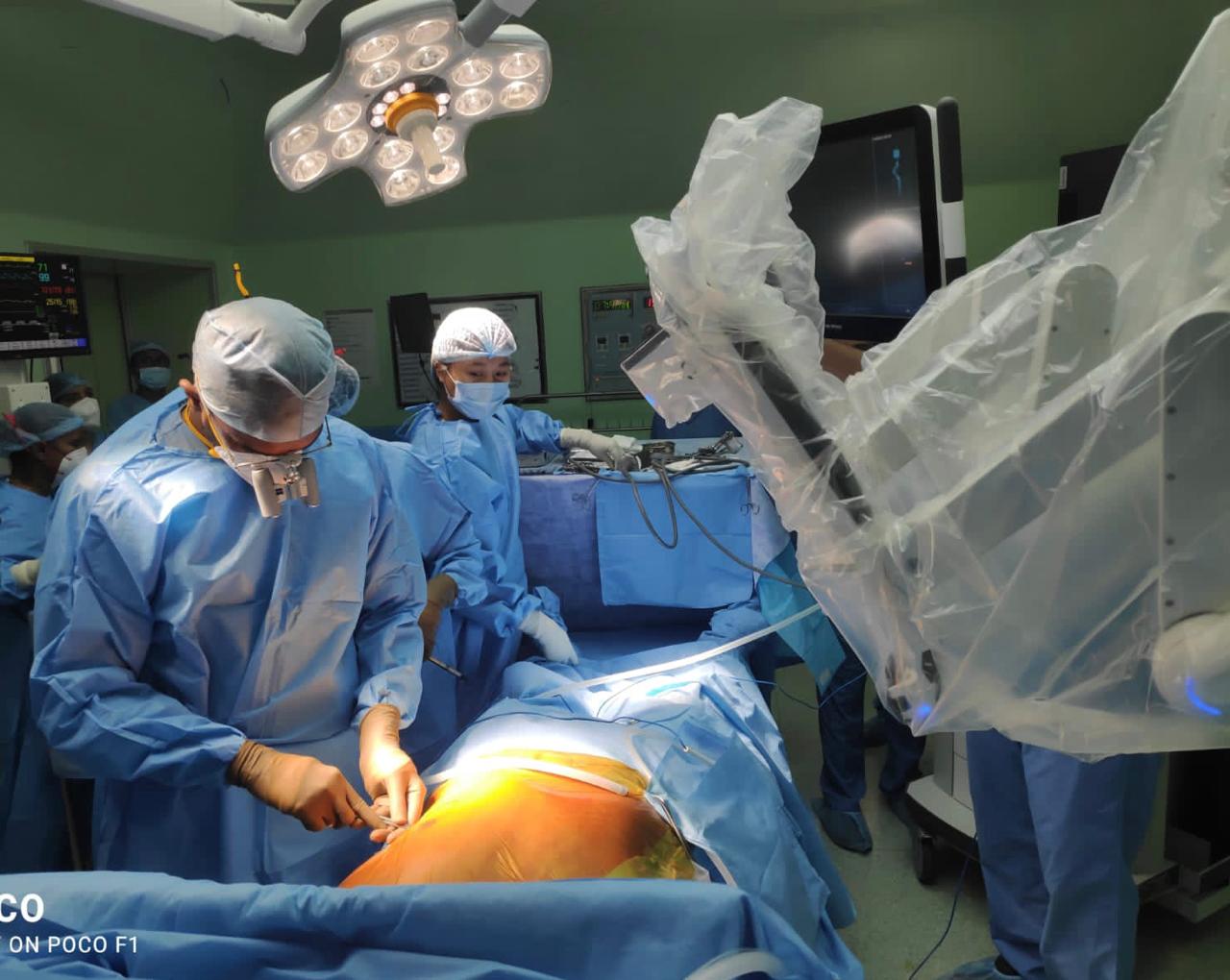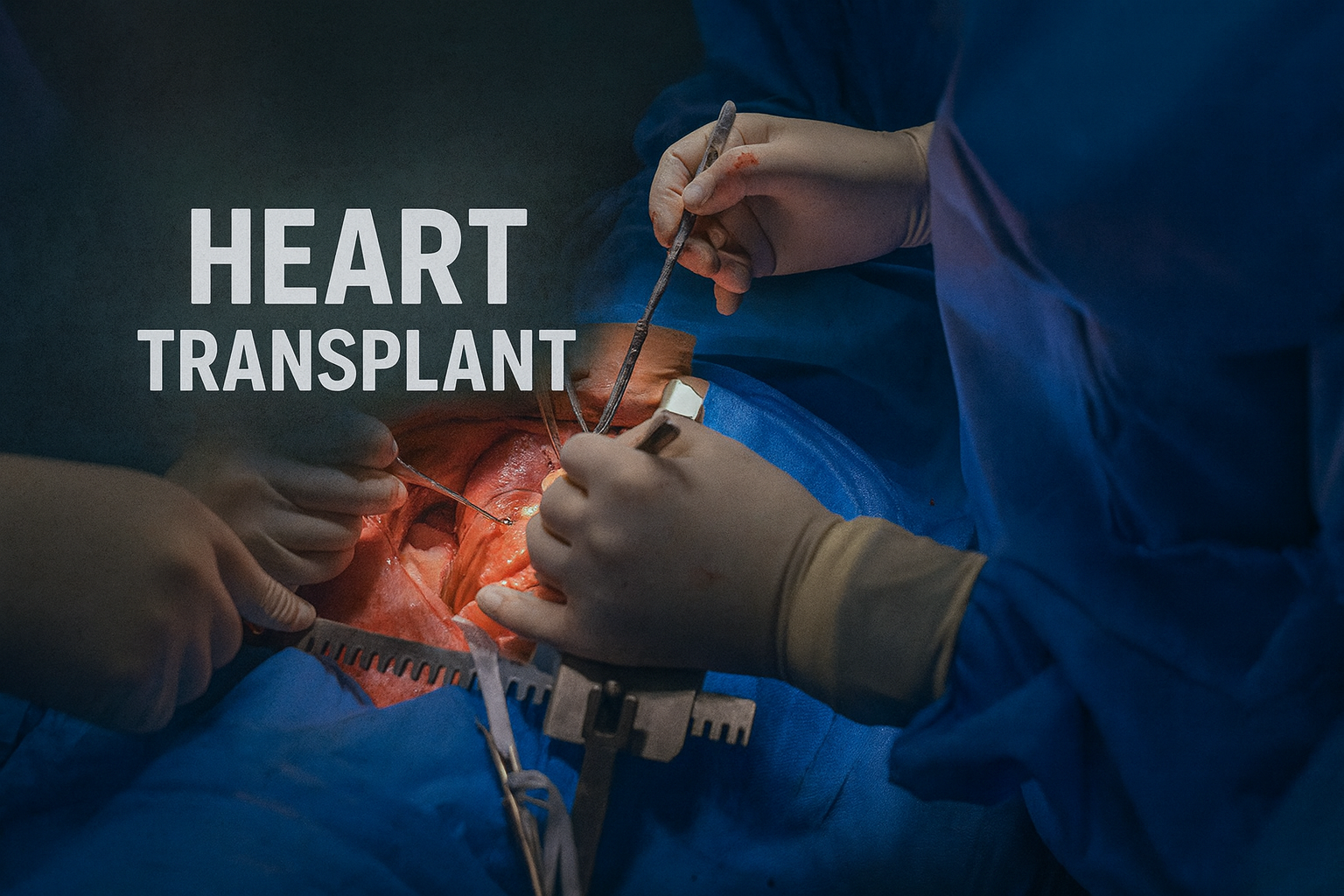If you’ve ever wondered whether eggs are friend or foe when it comes to cholesterol and heart health, you’re not alone. In the video that inspired this article, I answered some of the most common questions I get asked in clinic and online: Is cholesterol good or bad? How many eggs can I safely eat per day? Will eggs raise my risk of heart disease or worsen diabetes? In this in-depth article I’ll lay out the science, explain the biology, and give practical, evidence-based advice on how you can enjoy eggs as part of a healthy diet.
Outline
- Understanding cholesterol: LDL vs HDL and where cholesterol comes from
- Dietary cholesterol versus body-produced (de novo) cholesterol
- Eggs: nutritional profile and how much cholesterol they contain
- What the evidence says about eggs and heart disease
- Eggs and diabetes — are eggs dangerous for people with diabetes?
- Why preparation matters — the real culprits in egg-based meals
- Unique benefits of eggs: choline, vitamin D, and high-quality protein
- Practical tips: how to include eggs in a heart-healthy diet
- My bottom-line recommendations
- Frequently Asked Questions
Understanding Cholesterol: The Good, the Bad, and the Confusing
Cholesterol is a word that creates a lot of anxiety, but it’s important to separate the biology from the buzzwords. There are two lipoprotein types most commonly discussed:
- LDL — low-density lipoprotein: Often labeled “bad” cholesterol because high levels of LDL cholesterol in the blood are associated with a greater risk of atherosclerosis (plaque buildup in the arteries) and cardiovascular events.
- HDL — high-density lipoprotein: Often called “good” cholesterol because higher HDL levels are associated with protection against heart disease. HDL helps transport cholesterol away from arteries and back to the liver for processing.
Importantly, cholesterol itself is a vital molecule. It is a structural component of cell membranes, a precursor for steroid hormones, and necessary for producing bile acids that help digest fat. Your body tightly regulates cholesterol levels through production, absorption, and excretion.
Dietary Cholesterol vs De Novo Cholesterol Synthesis
Two sources determine the cholesterol inside your body:
- Dietary cholesterol — the cholesterol you eat in animal products such as eggs, meat, dairy and shellfish.
- Endogenous (de novo) cholesterol synthesis — the cholesterol your liver and other cells make internally. This synthesis adapts in response to dietary intake: when dietary cholesterol goes up, the liver usually reduces its own production, and vice versa.
This regulatory mechanism explains why for many people, eating dietary cholesterol does not translate directly into a proportional increase in blood cholesterol. That said, individual responses vary: most people are “normal responders” who see little change in blood cholesterol when dietary cholesterol increases, while a smaller group (often referred to as “hyper-responders”) may see a greater rise.
So what does an egg contain?
Let’s break down the numbers that matter.
- A typical large egg supplies about 6 grams of high-quality protein. This makes eggs a convenient and affordable protein source.
- Each whole egg contains roughly 180 to 200 milligrams of cholesterol, almost all of which is in the yolk.
- For context, traditional guidelines have recommended staying below 300 mg of dietary cholesterol per day for the general population. Using that threshold, one egg fits comfortably under the daily guideline.
Remember: the egg white contains virtually no cholesterol and most of the protein, while the yolk contains cholesterol, fat-soluble vitamins, choline, and vitamin D. So if you eat only the whites you avoid the yolk cholesterol, but you also miss out on many nutrients found in the yolk.
What the evidence says about eggs and heart disease
Over the years, multiple randomized controlled trials and large observational studies have investigated the relationship between egg consumption and cardiovascular disease (CVD). The overall picture that has emerged is nuanced but reassuring:
- Eating up to one egg per day is not associated with an increased risk of heart disease in most healthy people.
- Large prospective studies and meta-analyses have generally failed to show a consistent, harmful link between moderate egg consumption and cardiovascular events in the general population.
- That said, context matters: the overall dietary pattern, levels of saturated fat, trans fat, processed meats, refined carbohydrates, and habit of smoking or physical inactivity play far larger roles in cardiovascular risk than the cholesterol in a single egg.
When I tell patients this in clinic, I often emphasize that the studies do not point to eggs themselves as the primary driver of heart disease. Instead, the way eggs are included in a person’s diet — alongside bacon, buttered toast, cheese-laden omelettes, or deep-fried preparations — often introduces excess saturated fat and calories that can worsen cardiometabolic risk.
Eggs and diabetes: am I allowed to eat eggs if I have diabetes?
People with diabetes are understandably concerned because they already carry higher baseline cardiovascular risk. A few important points:
- Evidence indicates that moderate egg consumption does not necessarily worsen glycemic control or increase cardiovascular events in people with diabetes, especially when eggs are part of an overall healthy diet.
- In the video I mentioned that in diabetic patients the absorption of cholesterol is reduced. What I mean in practical terms is that the relationship between dietary cholesterol and blood cholesterol is complex and not strictly linear; diabetes affects lipid metabolism, but eggs per se are not a universal accelerator of heart disease in diabetes.
- However, some studies have reported mixed results in diabetic populations. Because patients with diabetes are at higher cardiovascular risk to begin with, a cautious approach is reasonable — focus on balanced meals, control of blood sugar, and limiting saturated fats and processed foods rather than eliminating eggs outright.
Ultimately, the message I give my diabetic patients is pragmatic: one egg a day can be part of a healthy meal plan, but pay attention to the overall meal composition and your individual medical profile. Discuss individualized advice with your healthcare provider if you have specific concerns.
Cooking matters: the real culprits aren’t the eggs
One of the most important takeaways is that how you prepare eggs matters far more than the egg itself. Eggs are often eaten in contexts that add saturated fat, refined carbohydrates, and excess calories. Common examples:
- Fried eggs cooked in butter, served with buttered toast
- Omelettes loaded with cheese, processed meats (like bacon, sausage, ham), and cream
- Eggs combined with hash browns or fried potatoes
- Egg-based dishes deep-fried or smothered in heavy sauces
These accompaniments can dramatically increase the saturated fat and calorie content of your meal, which matters more for heart health than the cholesterol content of the egg yolk itself. If your goal is a heart-healthy egg breakfast, consider these preparation methods instead:
- Boiled (hard or soft) eggs — no added fat, convenient, and portable.
- Poached eggs — cooked in water or steam, with no added fat.
- Scrambled with a small amount of healthy oil (such as olive oil) and plenty of vegetables, avoiding excessive butter and cheese.
- Baked eggs in vegetables or whole-grain muffins — a balanced, nutrient-dense option.
Pair eggs with fiber-rich foods like whole grains, vegetables, fruits, and sources of unsaturated fats (avocado, olive oil). Avoid pairing eggs daily with processed meats and calorically dense, saturated-fat-heavy sides.
Unique benefits of eggs you should know about
Eggs are more than just cholesterol carriers. They offer several nutrients that are harder to obtain from other common foods:
- Choline: Eggs are a rich source of choline, an essential nutrient involved in brain development, neurotransmitter synthesis, and cell membrane structure. Choline is particularly important for pregnant and breastfeeding women because it supports fetal brain development and infant growth.
- Vitamin D: Natural dietary sources of vitamin D are limited. Egg yolks contain some vitamin D, making eggs one of the few accessible dietary contributors to this important nutrient. Vitamin D supports bone health, immune function, and may have cardiac benefits.
- High-quality protein: Each egg supplies about 6 grams of protein with all essential amino acids, useful for muscle maintenance, satiety, and overall metabolic health.
- Micronutrients: Eggs provide B vitamins (including B12), selenium, and other trace nutrients important for general health.
For pregnant women, choline is often underemphasized in public nutrition messaging, yet it is vital for optimal fetal brain development. For many people, including at least some whole eggs in the diet is a practical way to boost choline intake.
Putting it together: practical tips for including eggs safely and joyfully
Here are clear, actionable recommendations based on the evidence and my clinical experience:
- Stick to moderation: In most healthy adults, up to one egg per day is safe and does not increase cardiovascular risk. More than one egg per day can still be fine for many people if the overall diet is heart-healthy, but individual responses vary.
- Watch the accompaniments: Avoid pairing eggs with processed meats (bacon, sausages), excessive butter, and high-fat cheeses. These additions add saturated fat and calories, which are the bigger issues.
- Choose healthy cooking methods: Boiling, poaching, soft-scrambling with a little olive oil, or baking are preferable to frying in butter or deep-frying.
- Prioritize the whole dietary pattern: Mediterranean-style or plant-forward diets that include eggs sparingly are associated with better cardiovascular outcomes than diets high in saturated fats and processed foods.
- Pregnancy and choline: If you’re pregnant or planning to conceive, consider including eggs to support choline intake — but follow your obstetrician’s guidance on overall nutrition.
- Individualize advice: If you have established heart disease, familial hypercholesterolemia, or are a known hyper-responder to dietary cholesterol, discuss personalized recommendations with your physician or dietitian.
Sample heart-healthy egg meals
Here are a few quick ideas for breakfast, lunch, or dinner that keep eggs nutritious without the excess saturated fat:
- Soft-boiled egg on a bed of sautéed spinach with whole-grain toast and a slice of avocado.
- Poached eggs served over a salad of mixed greens, cherry tomatoes, cucumber, and a drizzle of olive oil and lemon.
- Vegetable frittata made with egg whites and one whole egg, lots of peppers, onions, mushrooms, and a sprinkle of herbs.
- Shakshuka with plenty of vegetables and a modest amount of olive oil; skip heavy cheeses.
- Egg and vegetable muffins baked in a muffin tin using whole eggs, spinach, bell peppers — great for meal prep.
What about egg substitutes or just eating whites?
If you are specifically concerned about cholesterol, eating egg whites rather than whole eggs reduces cholesterol intake while preserving protein. However, you will lose nutrients concentrated in the yolk — choline, vitamin D, fat-soluble vitamins, and some beneficial fats. For many people, a balanced approach like one whole egg plus one or two whites strikes a reasonable compromise.
My bottom-line recommendation
Eggs are not the enemy. They are a nutrient-dense, affordable source of high-quality protein, choline, and vitamin D. Based on the current evidence and decades of randomized and observational trials, eating up to one egg per day is safe for most people and does not increase cardiovascular risk. The larger dangers come from how eggs are prepared and what they’re eaten with — heavy butter, cheese, processed meats, and fried sides are the usual culprits.
If you have specific conditions such as familial hypercholesterolemia, severe hyperlipidemia, or a history of cardiovascular events, discuss individualized guidance with your cardiologist or a registered dietitian. For the rest of you, enjoy eggs as part of a balanced diet, favor healthier cooking methods, and keep the rest of your plate rich in vegetables, whole grains, legumes, fruits, and healthy fats.
Conclusion
To answer the central question plainly: eggs are generally good for you when eaten in moderation and prepared wisely. They provide valuable nutrients that are otherwise hard to obtain in sufficient amounts from many diets, especially choline and vitamin D. The fear around eggs and cholesterol has softened as research has grown; the story is less about a single food and more about overall dietary patterns. Choose your preparation method carefully, pair eggs with healthy sides, and remember that one egg per day is reasonable for most people.
Frequently Asked Questions
How many eggs can I eat per day without harming my heart?
For most healthy adults, up to one egg per day is considered safe and is not associated with increased cardiovascular risk. More than that can still be acceptable depending on your overall diet and health profile, but moderation and context matter.
Are egg yolks the problem because of cholesterol?
Egg yolks contain most of the cholesterol, but for most people dietary cholesterol has a limited effect on blood cholesterol because the body adjusts its own cholesterol production. The real problem often lies in accompaniments like butter, cheese, and processed meats that add saturated fat and calories.
I have diabetes — should I avoid eggs?
Not necessarily. Moderate egg consumption does not automatically worsen diabetes or cardiovascular risk. Focus on balanced meals, avoid high-saturated-fat accompaniments, and discuss individualized recommendations with your healthcare team.
What is choline and why do eggs matter for pregnant women?
Choline is an essential nutrient important for brain development, cell membranes, and neurotransmitters. Eggs are a rich dietary source of choline, making them valuable during pregnancy for fetal brain growth. Pregnant women should discuss dietary needs with their obstetrician.
Are there people who should limit eggs more strictly?
Yes. Individuals with familial hypercholesterolemia, severe hyperlipidemia, or those known to be hyper-responders to dietary cholesterol should seek personalized guidance from their doctor or a dietitian. In such cases, more conservative cholesterol intake may be recommended.
Is it better to eat egg whites only?
Egg whites provide protein without cholesterol, but they lack the yolk’s nutrients such as choline, vitamin D, and fat-soluble vitamins. A balanced approach is one whole egg plus additional whites if you want to limit cholesterol while retaining some yolk nutrients.
How should I cook eggs for heart health?
Prefer boiling, poaching, soft-scrambling with a little olive oil, or baking. Avoid deep-frying and cooking in large amounts of butter or heavy cream. Pair eggs with vegetables, whole grains, and healthy fats rather than processed meats and fried potatoes.
Do eggs raise LDL (bad) cholesterol?
In most people, moderate egg consumption does not significantly raise LDL cholesterol. Some individuals may experience increases; these “hyper-responders” are a minority. Overall diet, saturated fat intake, and genetics matter more for LDL levels than an occasional egg.
Can athletes or people trying to build muscle eat more eggs?
Athletes and those needing higher protein may include more eggs as part of a total calorie- and macronutrient-appropriate diet. If increasing egg intake substantially, balance it with attention to saturated fat and overall nutrient needs. Consider consulting a sports nutritionist for tailored guidance.
What should I avoid pairing with eggs?
Avoid or limit processed meats (bacon, sausage), deep-fried sides, excessive butter, heavy cheeses, and sugary beverages with your egg meals. These combinations add saturated fats, sodium, and calories that undermine heart health.
———————————————————————————————————————————
🩺 Dr. Asher George Joseph
Consultant Cardiothoracic & Transplant Surgeon
MBBS, M.Ch (CTVS, Gold Medalist), MRCS (Edinburgh), FACS (USA)
Fellowship in Heart & Lung Transplant and Mechanical Circulatory Support (Manchester, UK)
Dr. Asher is a leading heart and lung transplant specialist in Bengaluru with more than a decade of experience in advanced cardiothoracic surgery.
He specializes in heart failure surgeries, CABG, valve repairs and replacements, aortic operations, ECMO support, and minimally invasive procedures.
His mission is simple — to combine innovation with compassion for every patient’s recovery.
📞 Call or WhatsApp: +91 96861 22851
📍 Visit: Sparsh Hospital, 4/1 Tumkur Rd, Yeshwanthpur Industrial Area Phase 1, Bengaluru – 560022



